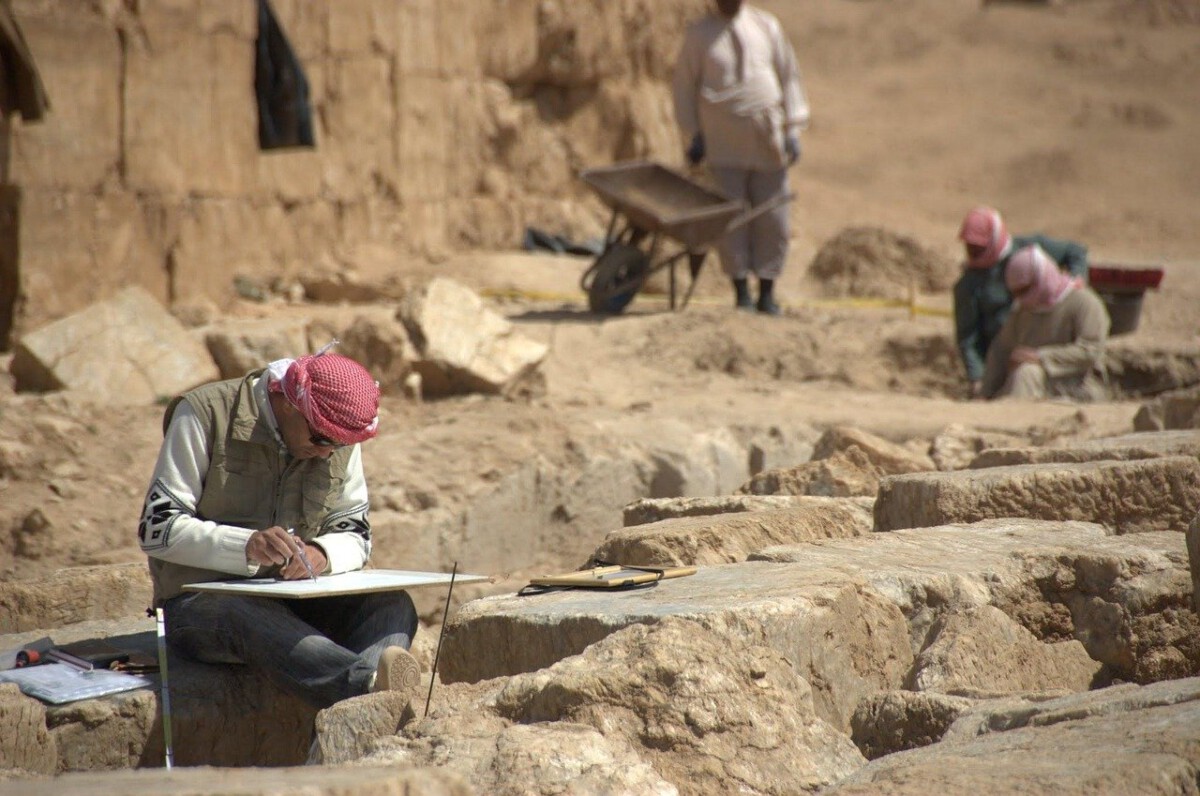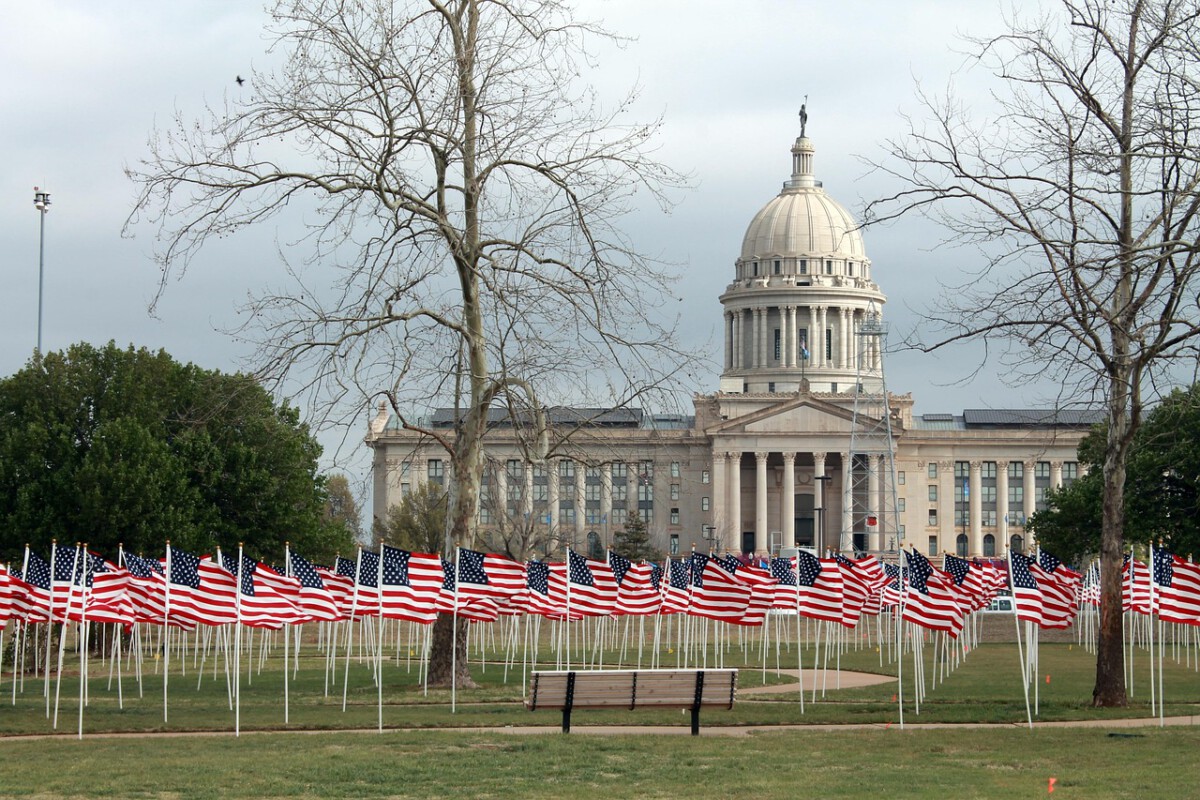Venezuela: Economic Hardship and Safety Risks Rising

Venezuela’s once-vibrant tourism scene has been brought to its knees by a brutal economic crisis and mounting safety concerns. Hyperinflation has gutted the value of local currency, making everyday transactions a challenge even for locals. In 2024, visitor numbers collapsed by 45%, and the U.S. State Department maintained its highest-level travel warning due to rampant violent crime, including kidnappings and robberies. Many hotels that once bustled with international guests now sit nearly empty, a stark sign of how dire the situation has become. Tourists who do venture in often find basic amenities—like running water or reliable transport—are no longer guaranteed. Political instability has made things worse, with regular protests and unpredictable government crackdowns. The combination of these factors has left Venezuela increasingly cut off from global travelers, who simply don’t want to risk their safety or endure such harsh conditions. Fewer airlines are flying in, and major travel insurers have even stopped covering trips to the country.
Afghanistan: Conflict and Human Rights Concerns Escalate

Afghanistan’s reputation as a dangerous travel destination has only grown more severe since the Taliban returned to power in 2021. In 2023, international tourist arrivals dropped by over 60%, with embassies around the world urging their citizens to stay away. The daily reality for Afghans—ongoing skirmishes, bombings, and human rights abuses—makes the thought of a leisure trip unimaginable. Women in particular face severe restrictions, and travelers risk local suspicion or even arrest for minor cultural missteps. Hostage situations, arbitrary detentions, and lack of emergency consular support have all been cited in official travel advisories. Tour operators who once offered adventurous trips through Afghanistan’s dramatic landscapes have quietly pulled out. The country’s infrastructure, already limited, has deteriorated further, leaving few safe or reliable options for accommodation and transportation. With no sign of political stability on the horizon, Afghanistan’s doors are effectively closed to most of the world.
Syria: War’s Aftermath Blocks All But the Most Determined Visitors

Syria, once home to legendary historical sites like Palmyra and Damascus, has seen tourism all but disappear in the wake of a devastating civil war. By 2025, international arrivals have fallen by a staggering 90% since 2011, as the conflict has left cities in ruins and basic services disrupted. The U.S. State Department and similar agencies worldwide have maintained “do not travel” warnings, citing the risk of violence, abduction, and terrorism. Roads are often impassable, and bombed-out buildings serve as grim reminders of the country’s struggles. Even aid workers and journalists face extreme danger, so the idea of visiting for pleasure is nearly unthinkable. The situation is so dire that many of the country’s famous ancient sites remain inaccessible or heavily damaged. Humanitarian crises persist, with food, water, and electricity shortages common. For now, Syria remains out of reach, its future as a tourist destination uncertain.
North Korea: New Barriers and Old Fears

Traveling to North Korea has always been a test of curiosity and courage, but as of 2024, the regime has made it even harder for outsiders to set foot within its borders. New restrictions have limited the issuance of tourist visas, and group tours—once the only way in—are now often cancelled with little notice. In 2023, the number of foreign visitors plummeted by 70%, as global tensions and the threat of arbitrary detention kept even the most adventurous at bay. The government tightly controls every aspect of a visitor’s experience, and travelers must surrender passports during their stay. Families of detained tourists have spoken out about the lack of legal recourse, and embassies have issued stark warnings about the risk of being used as political pawns. The absence of independent movement, combined with the risk of harsh punishment for minor offenses, has made North Korea an increasingly unattractive destination. The regime’s unpredictable behavior keeps many would-be travelers far away.
Belarus: Political Crackdown and International Isolation

Belarus, once a quiet stop for travelers exploring Eastern Europe, has seen its tourism industry collapse under the weight of political repression and international sanctions. Following the widely criticized 2020 presidential election, the government clamped down on dissent, triggering mass protests and widespread arrests. By 2024, tourist arrivals had dropped 50%, with many countries imposing travel bans and removing Belarus from recommended travel lists. Foreigners are wary of being caught up in police actions, as reports of arbitrary detention have surfaced in international media. The government’s hostile attitude toward outside influence is reflected in strict surveillance and restrictions on movement for visitors. Sanctions have disrupted flights and payments, making travel logistics a nightmare. The risk of violence in the streets, as well as uncertainty about safety, has convinced most travelers to stay away. For the foreseeable future, Belarus’s doors seem likely to remain closed to the world.
Iran: Rising Tensions and Stricter Entry Rules

Iran’s rich culture and dramatic landscapes have long drawn travelers, but recent years have seen tourism numbers tumble. In 2023, visitor arrivals fell by 40%, as worsening relations with the West led to new sanctions and persistent travel warnings. The U.S. State Department has continued to caution travelers about the risk of arbitrary detention, especially for dual nationals or those perceived as critical of the government. Tourists have reported frequent questioning by authorities, difficulty accessing financial services due to sanctions, and sudden visa denials. Some European countries have followed suit with similar warnings, further depressing visitor numbers. The Iranian government has introduced tighter regulations for foreigners, including limited movement and monitoring during their stay. Unpredictable flare-ups, like protests or regional tensions, make planning a trip risky. As a result, many travelers have crossed Iran off their lists, seeking safer and more welcoming destinations.
Myanmar: Violence and Instability Shut the Door on Tourism

Once a backpacker favorite for its golden pagodas and stunning landscapes, Myanmar has become a no-go zone since the military coup of 2021. The crackdown on protests has resulted in thousands of civilian deaths and widespread displacement, creating a humanitarian crisis that shows no sign of abating. By 2024, international arrivals had plunged by over 80%, as governments around the world issued blanket “do not travel” advisories. Foreigners caught in the country during periods of unrest have struggled to find safe exits, as flights and overland routes are often suspended without warning. Infrastructure has decayed, with frequent blackouts and shortages of fuel, food, and medicine. The lack of reliable internet and communication makes staying in touch with family nearly impossible for visitors. Fear of being caught up in violence or arbitrary detention has made Myanmar one of the world’s least accessible countries for tourists. The dramatic drop in visitors is unlikely to reverse until peace and stability return.





